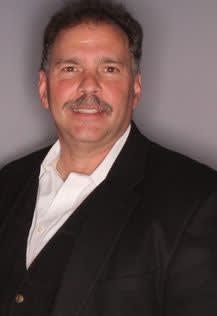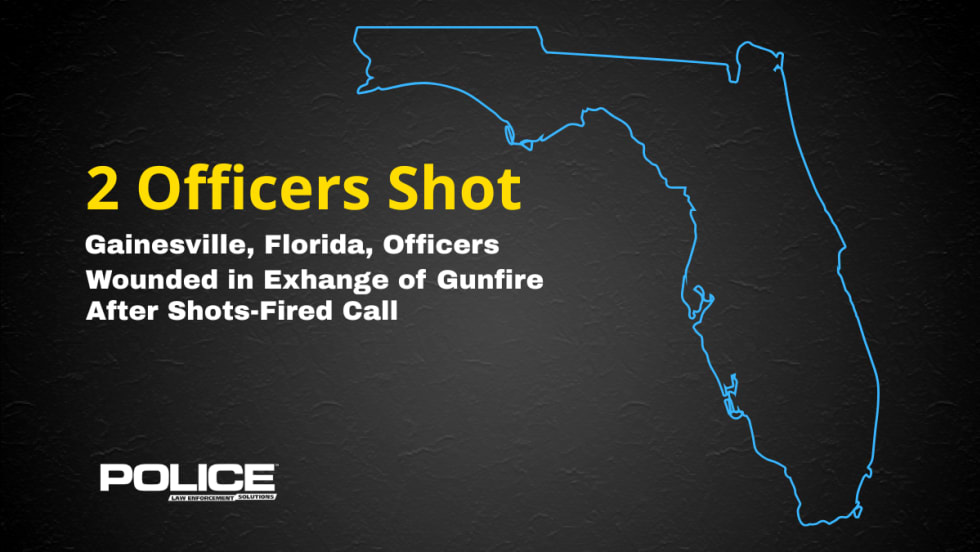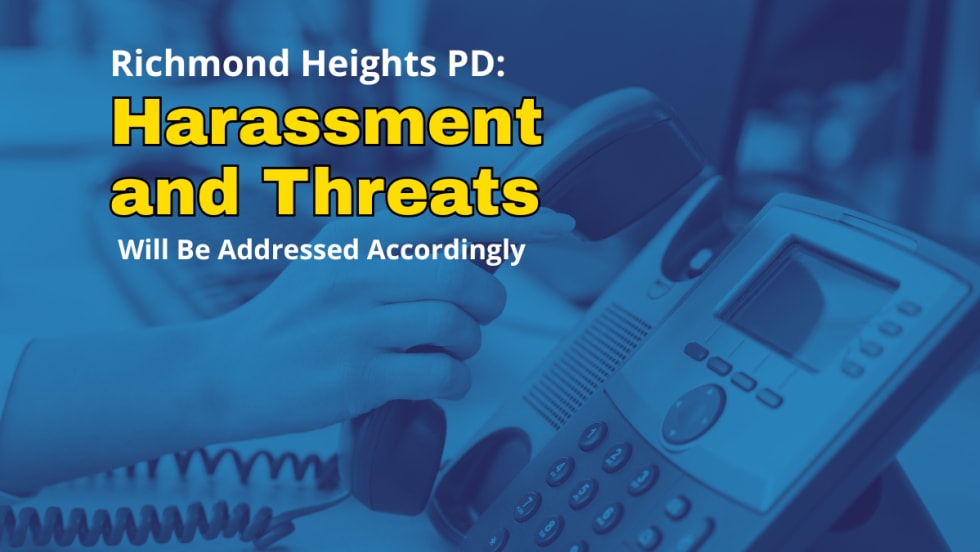There are some cops who are generalists, who take on whatever comes their way. And then there are some cops who like certain things to the exclusion of others; they only seem to like making DUI arrests, dope arrests, or auto theft arrests. But focusing on just one vehicle, penal, or narcotics code sub-specialty means that crooks are getting away with other stuff around you. You should strive to be both the Jack of All Trades and the Master of All of Them.
One reason for this is that it's not fair to your beat partners and squad members if you overspecialize in one area and leave everything else for them.
The beat officer who decides to become the Number One Drunk Driving Arrest Maker for the City and grabs an early pinch on a busy second-watch or graveyard Friday or Saturday thereby takes himself or herself out of service for all of the other calls that are equally important. It's one thing if you work in traffic and are tasked with drunk driving enforcement. It's another when you're tied up on your second (or third) drunk driving arrest of the shift and haven't answered a radio call all night.
Some officers gravitate toward only making dope arrests. They correctly reason that drugs are at the root of a lot of other crimes—stolen property, burglary, robbery, grand theft, gangs, drive-by shootings, and murders. But by directing all their energy toward catching drug consumers (as opposed to drug dealers), they can spend just as much time out of the field as their drunk-driving arrest colleagues. Controlled lighting exams and urine tests take time. Meanwhile, calls stack up and harried cops fly from location to location.
Then there are the auto theft hawks who use their Mobile Data Terminals and run plate after plate until their fingers bleed. Their goal to catch a rolling stolen has them staking out already-swiped cars, just waiting for the thief to return so the gun-drawn hot stop or the chase can ensue.
On occasion, these auto theft aficionados get called off their stakeouts, only to return to find the car gone again. If that was my car that was stolen, I'd want you to recover it first. I want my car back more than I want you to catch the crook who stole it, because it's my car.
And what about the officer who only wants to make felony arrests? This cop spends too much time talking people out of reports, lets real or potential crooks go with verbal warnings, and doesn't want to get mixed up in complicated situations where the end result is just a misdemeanor citation, a civil case, or a non-felony arrest.
It's admirable that they want to find real crooks, fight real crime, and keep the city safe from hardcore thugs. However, they often fail to realize that much of police work is found in the little things, which you so often stumble upon during random patrol.
It's not fair if you overspecialize in one area and leave everything else for other officers.
There are two more concerning variations of officers who are out of service, and not just with specialized arrests: the "I'm in training, volunteering at a school, at a leadership class, etc." cop and the "I'm taking yet another sick day, a vacation day, a mental health day" cop. The first officer is often trying to get promoted, so he or she will either take or teach every class, attend every conference, and volunteer for every school, on subjects ranging from schizophrenia to dandruff, all in an effort to pad the ol' resumé prior to the testing process. Again, admirable and good for them, except when it hurts the personnel staffing for those days or weeks.
And the officer who seems to be gone all of the time due to sickness, vacation, or constant schedule manipulation (wanting to come in late or leave before the end of shift) may have other issues besides just running out of hours. These are often the signs of job burnout, depression or PTSD, home problems, or end-of-career blues. Supervisors for these officers should be empathetic and ready to provide resources, but firm about the impact on our business of keeping people safe, even when you don't always feel like working.
None of this is to say that being a dope cop, a candidate for MADD's yearly drunk driving arrest award, an auto theft car and suspect magnet, or a felonies-only cop is such a bad thing, only that it violates one of life's important principles: Your strength, taken to an extreme, becomes a weakness. Focusing too much on one type of crime or crook hurts your partners, your squad, and even your agency by taking you out of service too long. In these days of perpetual minimum staffing, there are plenty of radio calls to go around. Share the wealth.
Steve Albrecht worked for the San Diego PD for 15 years. His books include Contact and Cover, Streetwork, Surviving Street Patrol, and Tactical Perfection for Street Cops. Contact: drsteve@drstevealbrecht.com or follow @DrSteveAlbrecht.












